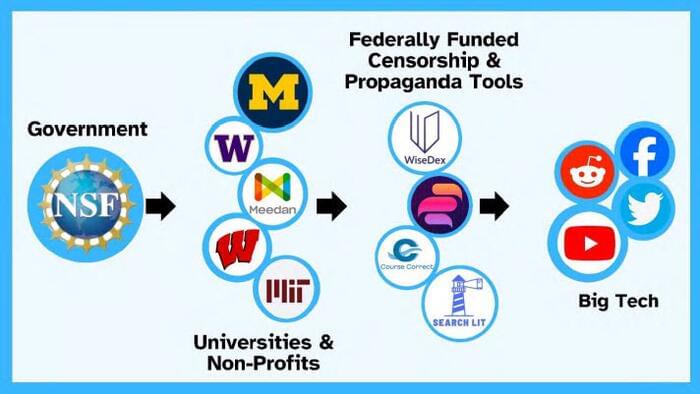The third proof point is both the increase in manufacturing capacity investment and the change in how that investment will be managed. With the interest in governments to secure future semiconductor manufacturing for both supply security and economic growth, Mr. Gelsinger went on a spending spree with investment in expanding capacity in Oregon, Ireland, and Israel, as well as six new fabs in Arizona, Ohio, and Germany. Most of the initial investment was made without the promise of government grants, such as the US Chips Act. However, Intel has now secured more than $50B from US and European government incentives, customer commitments starting with its first five customers on the 18A process node, and its financial partners. Intel has also secured an additional $11B loan from the US government and a 25% investment tax credit.
In addition to it’s own investment in fab capacity, Intel is partnering with Tower Semiconductor and UMC, two foundries with long and successful histories. Tower will be investing in new equipment to be installed in Intel’s New Mexico facility for analog products, and UMC will partner with Intel to leverage three of the older Arizona fabs and process nodes, starting with the 12nm, to support applications like industrial IoT, mobile, communications infrastructure, and networking.
The second side of this investment is how current and future capacity will be used. As strictly an IDM, Intel has historically capitalized on its investments in the physical fab structures by retrofitting the fabs after three process nodes, on average. While this allowed for the reuse of the structures and infrastructure, it eliminated support for older process nodes, which are important for many foundry customers. According to Omdia Research, less than 3% of all semiconductors are produced on the latest process nodes. As a result, Intel is shifting from retrofitting fabs for new process nodes to maintaining fabs to support extended life cycles of older process nodes, as shown in the chart below. This requires additional capacity for newer process nodes.







